Danylo Romanovych
Danylo Romanovych [Данило Романович; Danylo Romanovyč], b 1201, d 1264 in Kholm. Prince of Volhynia, Galicia, and the Principality of Galicia-Volhynia of the Romanovych dynasty, king of Rus’ (from 1253), father of Lev Danylovych, Roman Danylovych, Mstyslav Danylovych, and Shvarno Danylovych. After the death of his father, Prince Roman Mstyslavych, in 1205, unrest among the boyars forced Danylo to take refuge at the Hungarian court, and later, with his mother and brother, Vasylko Romanovych, in small principalities in Volhynia. Following a long struggle with neighboring princes and Galician boyars (1219–27) Danylo unified Volhynia. He failed in several attempts to gain control of the princely Halych, but finally succeeded in 1238, with the support of the burghers. The next year he took Kyiv, which had entered his sphere of influence earlier, and placed Voivode Dmytro in charge of the principality. As a result of Danylo's influence, which extended to the Turiv-Pynsk principality and the Dorohychyn land, the advance of the Teutonic Knights was checked in 1238.
However, the Mongol invasion of 1240–1, during which Kyiv, Volodymyr (Volodymyr-Volynskyi), and Halych were destroyed, interfered with Danylo's plans for the unification of Ukrainian territories. He was nevertheless able, on 17 August 1245, to defeat a coalition of the Chernihiv princes, disaffected boyars, and their Hungarian and Polish allies at the Battle of Yaroslav and finally to establish his control over Galicia. In order to save his state, Danylo was compelled to recognize the khan's suzerainty, which he did in a visit to the khan's court at Sarai in 1246. Yet he prepared to overthrow his Mongol overlords. He sent raids against the Mongols' vassals (see Tatars' people) who lived along the Sluch River and the Horyn River, built fortifications, and sought alliances in the West, particularly with Pope Innocent IV. To get the support of the pope, Danylo agreed to acknowledge him as head of the church in his principalities and accepted a crown from him in 1253. But these steps did not bring the aid Danylo had hoped for and had no practical consequences. In 1254 Danylo repulsed a Mongol attack on Ponyzia and Volhynia. The Mongol leader Burundai led a new campaign in 1260, forcing Danylo to dismantle his fortifications and to abandon his plans for independence.
Danylo was an exceptionally gifted ruler. For a time he unified the western territories of Ukraine. He built a number of new cities, including Kholm (his new capital) and Lviv; reformed the military forces, creating a heavy infantry based on the peasantry; and gained control over the boyars. Under his reign Western European cultural influences were strong in Ukraine, and Western European political and administrative forms took hold, particularly in the towns.
BIBLIOGRAPHY
Dashkevich, N. Kniazhenie Daniila Galitskogo po russkim i inostrannym izvestiiam (Kyiv 1883)
Hrushevs'kyi, M. Istoriia Ukraïny, 3 (Lviv 1905)
Huslystyi, K. Danylo Halyts'kyi (Saratov 1942)
‘Korona Danyla Romanovycha,’ ZNTSh, 164 (Rome–Paris–Munich 1955)
Hrytsak, P. Halyts'ko-Volyns'ka derzhava (New York 1956)
Pavlo Hrytsak
[This article originally appeared in the Encyclopedia of Ukraine, vol. 1 (1984).]

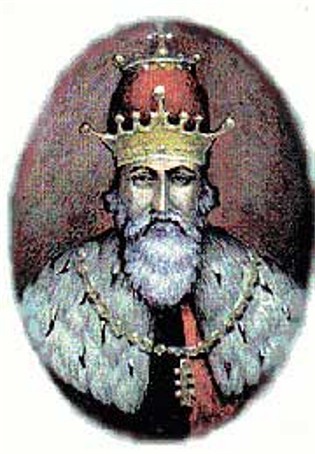
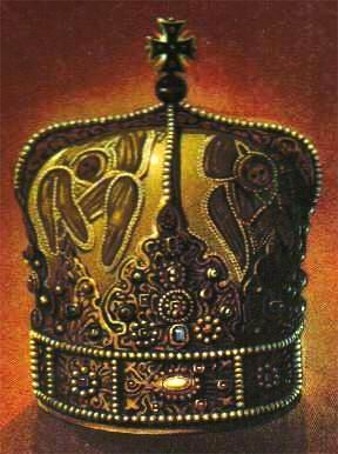
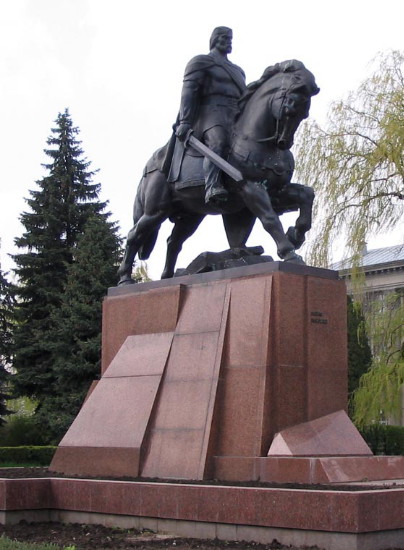
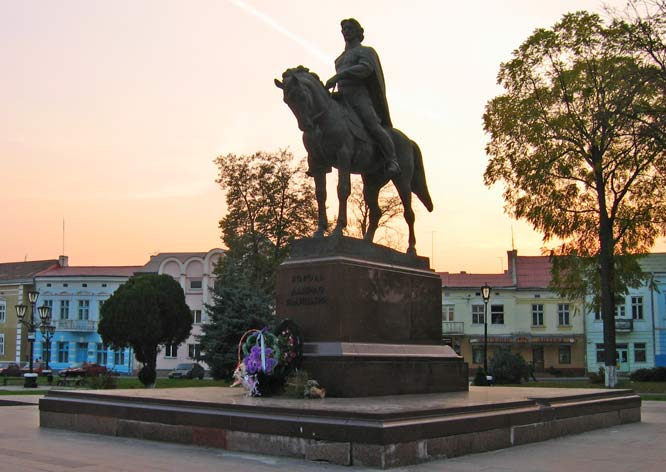
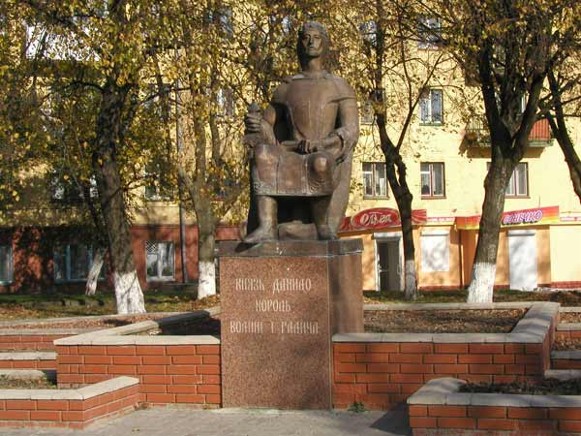
.jpg)